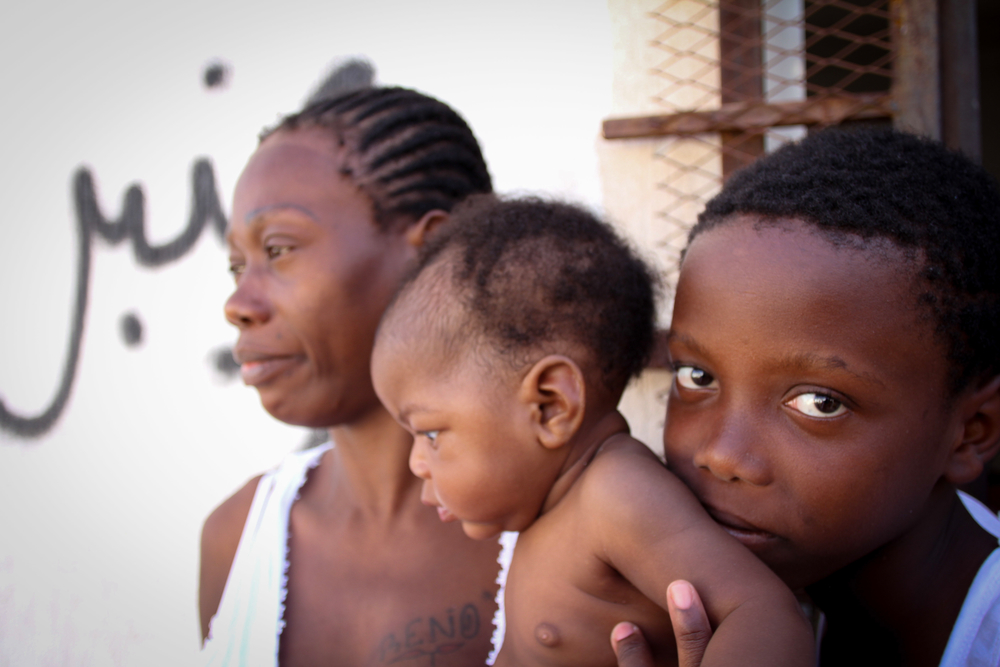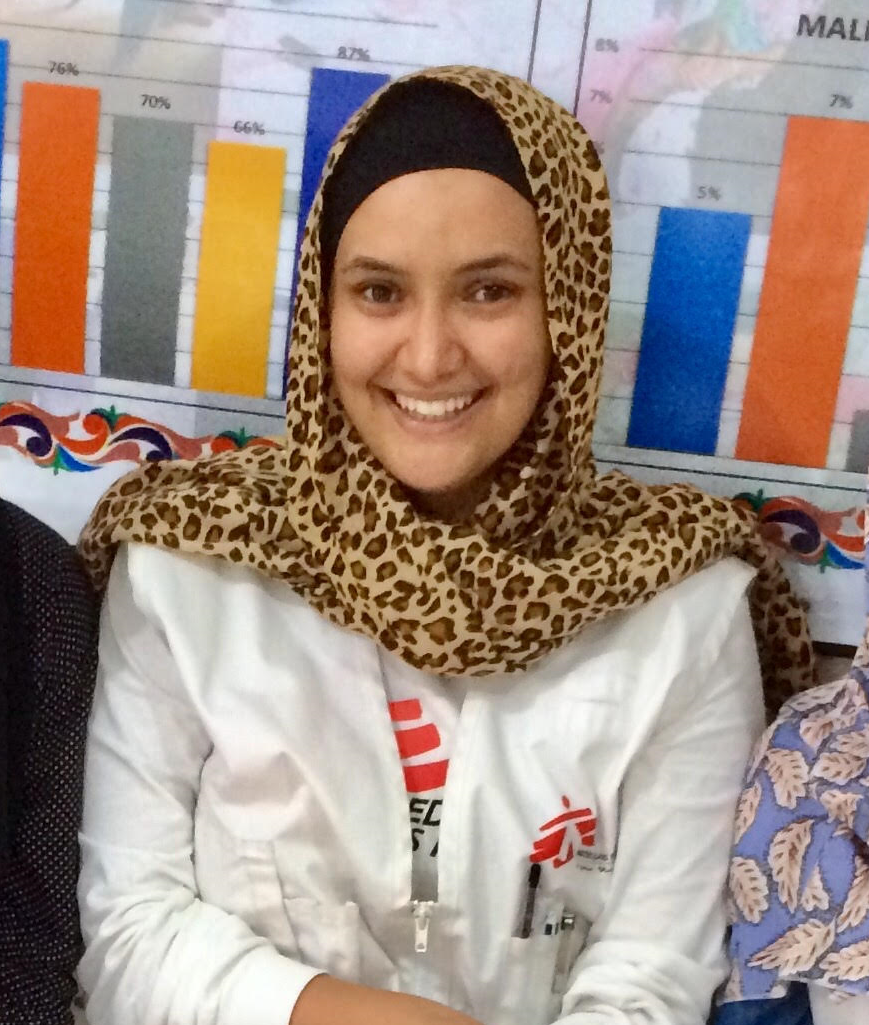Transcript
Patrick Maza: Whereas some migrants seeking to make the journey arrive in the country with money they’ve saved, others find work in Libya to earn some cash.They end up in a kind of vicious cycle where they’re forced to pay to get across. But, all too often their attempts end in failure. They get picked up by the Libyan coastguard who send them back to detention centres which some of them manage to escape from, only to have to go back to working again, paying and boarding boats to attempt yet another crossing.
Super: MSF provides primary healthcare in detention centres in and around Misrata, Khoms and Tripoli.
Patrick Maza: The centres are closed places under guard, where people aren’t free to move around and are locked in. There are children in these detention centres. Babies are born. There are whole families who are detained there, there are families who are separated for no reason. They just want to have a better future elsewhere.
Super: There are 600,000 migrants in Libya. 1% of them are being held in detention centres
Patrick Maza: There are a few aid organisations providing assistance in the country. This creates dire situations and distorts what’s really playing out in Libya. It gives people in Europe the impression everything’s in place and organised so that migrants picked up at sea by the Libyan coastguard or held in detention centres are taken care of, housed and fed, but that is so not the case. There are no refugee camps in Libya. There are detention centres, badly managed prisons, where hundreds of people are crammed into spaces wholly insufficient to accommodate them. To make it even worse, they get bombed when there’s fighting in Tripoli. Essentially, Europe’s aim is to outsource its migration policy to third-party countries like Libya, that’s in the midst of a crisis. No one cares a lot about countries Europe have subcontracted their migration policies to, and even less about Libya’s institutions that have totally collapsed.
Super: MSF teams provided assistance after boats capsized on 25 July 2019 and at least 150 people drowned in the sea
Patrick Maza: July 25th was quite a particular day, because it was one of the team’s toughest. We’ll never know exactly how many boats there were, or how many people on the capsized boats drowned. We had two teams at the same time in two different places, with a total of about 135 survivors. What these people had to say was absolutely dire. These were people in a state of shock, people who’d seen family members drown and children perish. There was one father who begged to go back out and look for his children and wife he’d seen drowning. Later on the same evening, two more boats were retrieved with close to 190 people on board. Supposedly, they’d been “luckier” than the people on the first boats. We mustn’t allow ourselves to get used to this. We can’t pretend it’s not happening. These are people who are prepared to die, and sometimes to die just to have the opportunity to live in a country at peace and be able to offer their families a future.
Super: MSF teams also provide pre- and post-natal care south of Tripoli in Beni Walid



